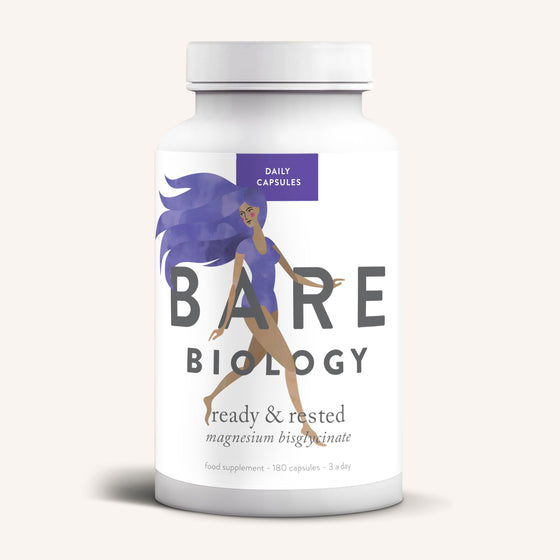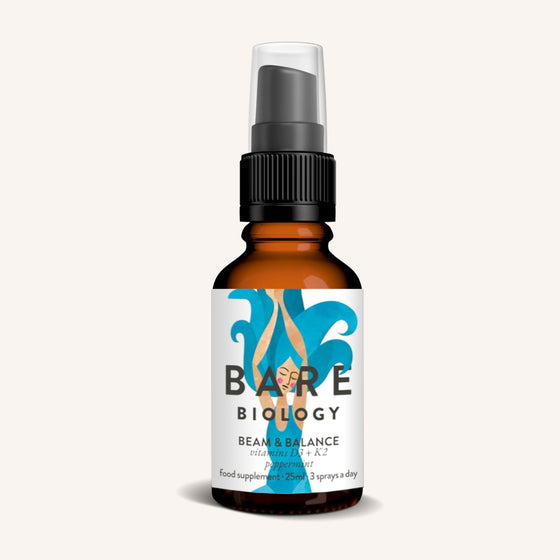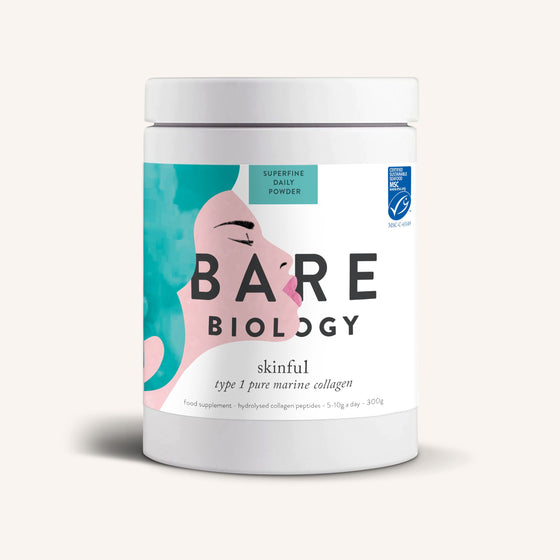A recent study was published across newspapers earlier this year and we’ve had lots of questions about it. In this article, we give our opinion and reaction to this news.
About the study* and the findings
Scientists at the University of Granada, Spain (UGR), analysed the effects of long-term consumption of olive, sunflower and fish oils on rats’ livers. They found olive oil to be the best for preserving the liver, whereas sunflower oil induced fibrosis among other effects. Fish oil had detrimental effects including shortened telomere lengths which can cause cell ageing and cancer.
"The alterations caused by the long-term consumption of sunflower and fish oils make the liver susceptible to non-alcoholic steatohepatitis, a very serious disease that may act as a catalyst for other liver diseases such as cirrhosis and liver cancer," Prof. Quiles noted.
What we don’t know about the section of the study on fish oils
We haven’t purchased the full detail of the study, so we don’t know what kind of fish oil was given to the rats and in what form (ethyl ester or natural triglyceride). Crucially, we don’t know the oxidation level of the fish oil they used. We also don’t know what else the rats were eating alongside the fish oil, among many other unknowns.
Conflicting research on the effects of fish oil on telomere length
As always, it’s very easy to find a study which tells the opposite story.
Dr Ramin Farzaneh-Far (San Francisco General Hospital, CA) and colleagues published a paper in the January 20, 2010 issue of the Journal of the American Medical Association proposing that fish oil reduced the rate of telomere shortening in patients with coronary heart disease.
Is it surprising that a Spanish university found olive oil to be the best?
One of the funding sources of the study was the Government of Andalusia. Spain is the world's leading olive and olive oil producer and exporter. Of the 2.1 million hectares (5.19 million acres) of olive groves, 92% are dedicated to olive oil production and about 80% of the crop is concentrated in Andalusia, (Jaén), the biggest olive growing area on the planet.
Our conclusions
We agree it’s not a healthy option to consume a lot of sunflower oil, due to its high Omega 6 content (which is pro-inflammatory and can cancel the benefits of Omega 3).
We agree that extra virgin olive oil has many, many health benefits. We would sound a note of caution about a study in part funded by a body who has a major economic interest in one of the products being tested.
We don’t know enough about the section of the study into fish oil to comment with confidence, but we do passionately believe that we should be very careful about oxidised fish oils (which is why we publish all our test results for each batch and then have them independently tested by IFOS for a belts and braces approach to quality control). We also know there are countless studies and anecdotal evidence that show the benefits of fish oil, so we will keep a close eye on further research of this kind but for now we still believe good quality, fresh fish oil is safe and good for our health.
* Alfonso Varela-Lopez, María Patricia Pérez-López, César Luis Ramirez-Tortosa, Maurizio Battino, Sergio Granados-Principal, María del Carmen Ramirez-Tortosa, Julio José Ochoa, Laura Vera-Ramirez, Francesca Giampieri, José Luis Quiles. Gene pathways associated with mitochondrial function, oxidative stress and telomere length are differentially expressed in the liver of rats fed lifelong on virgin olive, sunflower or fish oils. The Journal of Nutritional Biochemistry, 2018; 52: 36






